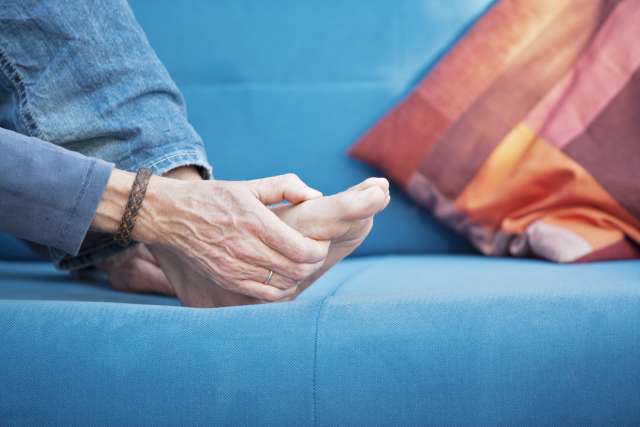Dear Doctors: I recently sent my mom an email at midnight, and ever since she’s been after me to stop using my smartphone after bedtime. She insists that the light from the screen interferes with sleep patterns. Is that really true?
We're pretty sure this isn’t the answer you’re looking for, but your mother is right. The ways in which the "blue light" emitted by smartphones, tablets and computer screens affects sleep patterns is quite a hot topic in scientific circles these days. And in the scores of studies done in recent years the answer is consistently the same – yes, these devices do have a negative effect on your nightly rest.
This is troubling because insufficient sleep is associated with serious conditions such as high blood pressure, diabetes, coronary heart disease, depression and even obesity. About one-third of all Americans don’t get the seven hours of sleep that are recommended to maintain good mental and physical health. In fact, the sleep deficit in the U.S. is so severe that the federal Centers for Disease Control and Prevention now identify it as a public health problem.
So how do the multiple screens in our lives figure into the epidemic of insufficient sleep?
Light is the cue your brain relies on to sync itself with the outside world. It regulates your circadian rhythms, which influence sleep patterns, hormone releases, body temperature and other vital functions.
Smartphones, tablets and computers all emit high-energy light in the blue spectrum. This particular wavelength, which is similar to sunlight, has been shown to suppress the release of melatonin, a hormone produced by the pineal gland in the brain that makes you feel sleepy.
When you use your smartphone at night, even up to 90 minutes before you go to sleep, you’re confusing your body clock. The blue light from the screen is telling your brain it’s still daytime. That suppresses the release of melatonin, which makes it difficult for you to fall asleep.
Once you do drift off, the disruption to your circadian rhythm is profound enough that it’s difficult to stay asleep. What sleep that you do manage to get is often of poor quality. Instead of feeling refreshed when you wake up, you face the day tired.
Some smartphone makers have introduced an option to move the self-illuminated screen from bright blue to a warmer yellow/red spectrum, as with Apple’s “Night Shift”. And while this may a have modest effect on sleep, we would recommend that putting your phone away at bedtime is the better idea.
To give yourself the best chance at a good night’s sleep:
- Read from a printed book rather than an illuminated screen.
- Make your bedroom as dark as possible. Use curtains to block exterior light, and eliminate inside light from clock dials, TV sets and, yes, smartphones.
- Do what you can to block out sound – earplugs or a white noise machine can help.
- Keep your bedroom cool – 65 to 68 degrees is ideal.
- Steer clear of large meals before bedtime.
- Be aware that caffeine and alcohol can interfere with sleep.
Remember, how you feel during the day has a lot to do with how well you slept the night before.
Eve Glazier, MD., MBA, and Elizabeth Ko, MD., are internists and assistant professors of medicine at UCLA Health.
Ask the Doctors is a syndicated column first published by UExpress syndicate.
***
Learn more about sleep research at the UCLA Sleep Disorders Center.





